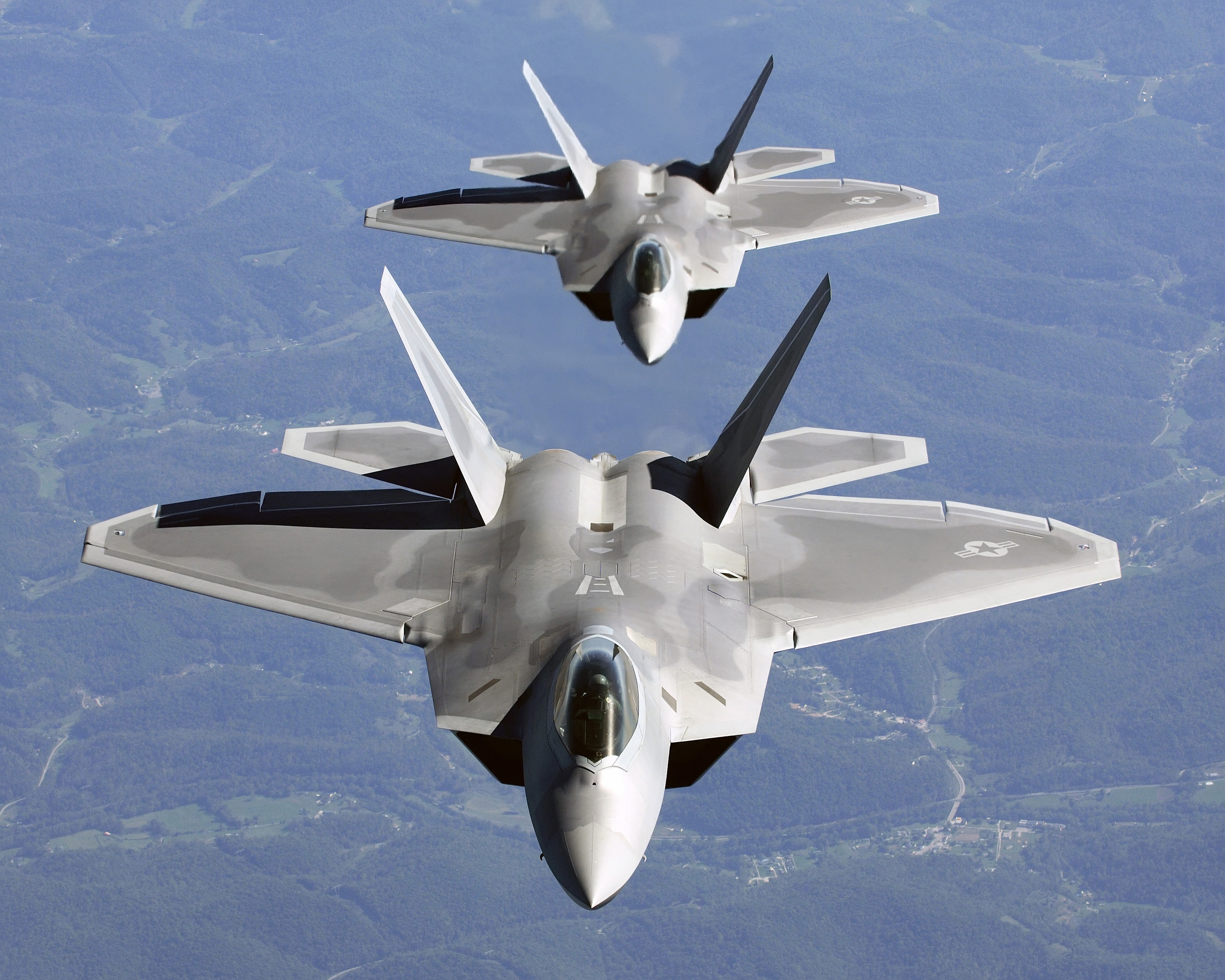CONNECTICUT

A federal judge today sentenced Mozaffar Khazaee, 61, formerly of Manchester, Connecticut, to eight years and a month in prison, officials said.
U.S. District Judge Vanessa L. Bryant of Connecticut also ordered him to pay a $50,000 fine for violating the Arms Export Control Act by attempting to send to Iran highly sensitive trade secrets and export controlled material relating to U.S. military jet engines.
Khazaee stole the material from multiple U.S. defense contractors where he had previously been employed.
He has been in custody since his arrest on Jan. 9, 2014. On Feb. 25, 2015, he plead guilty to one count of unlawful export and attempted export of defense articles from the U.S. in violation of the Arms Export Control Act.
“Mozaffar Khazaee betrayed his defense contractor employers and the national security interests of the United States by stealing and attempting to send to Iran voluminous documents containing highly sensitive U.S. defense technology,” said U.S. Attorney Deirdre Daly.
Adding, “U.S. companies are being relentlessly targeted by those who seek to steal our intellectual property, our trade secrets and our advanced defense technology – whether through a computer hack or cyber intrusion, or through an insider or rogue employee. As this case demonstrates, we will aggressively investigate and hold accountable those who attempt to steal trade secrets and military technology from U.S. industries, whether for their own personal gain or for the benefit of foreign actors.”
According to analyses by the U.S. Air Force and victim defense contractors, the technical data that Khazaee stole would have helped Iran “leap forward” ten years or more in academic and military turbine engine research and development, reducing their investment in such technology by one to two billion dollars and potentially enhancing the development and effectiveness of their weapon systems.
The hard copy and electronic material that Khazaee stole and sought to transfer to Iran totaled some 50,000 pages and was reviewed by experts from both the U.S. Air Force and the victim defense contractors, authorities said.
In addition to the materials relating to the JSF Program and the F-22 Raptor, Khazaee also had documents from numerous other U.S. military engine programs, including the V-22 Osprey, the C130J Hercules and the Global Hawk engine programs, officials said.
In total, official said Khazaee sought to export approximately 1,500 documents containing trade secrets and approximately 600 documents containing highly sensitive defense technology.
Search warrants executed on Khazaee’s checked and carry-on luggage revealed additional hard copy documents and computer media containing sensitive, proprietary, trade secret and export controlled documents relating to U.S. military jet engines.
Khazaee was also found in the possession of $59,945.00 in as-yet undeclared cash, which he had split up into increments of approximately $5,000 and secreted in multiple bank envelopes in various places in his carry-on luggage.
“Stopping people like Mozaffar Khazaee from providing U.S. military technology to foreign powers is crucial to our national security interests,” said Special Agent in Charge Matthew Etre of U.S. Immigration and Customs Enforcement-Homeland Security Investigations of Boston. “It’s abundantly clear from court records that this individual intended to harm U.S. interests both here and abroad. HSI will continue to work with our federal law enforcement partners to ensure that advanced U.S. military technology is not stolen and illegally exported for the benefit of foreign entities.”
On Jan. 9, 2014, law enforcement arrested Khazaee at the Newark Liberty International Airport before boarding a flight to Iran.
According to the evidence against Khazaee, these are the allegations:
- Between 2001 and 2013, Khazaee, a dual citizen of Iran and the United States with a Ph.D. in mechanical engineering, was employed by three separate defense contractors.
- From at least 2009 through late 2013, Khazaee offered to provide trade secret, proprietary and export controlled defense technology that he had stolen from his U.S. employers to gain employment with state-controlled technical universities in Iran.
- Beginning in late 2009, Khazaee corresponded by email with an individual in Iran to whom he attempted to send and in some cases did send documents containing trade secret, proprietary and export controlled material relating to the Joint Strike Fighter (JSF) Program.
- In one email Khazaee stated that the material he had attached was “very controlled . . . and I am taking [a] big risk.” Khazaee instructed the individual in Iran, “after downloading,” he should “delete everything immediately.”
- Analysis of Khazaee’s computer media also revealed cover letters and application documents, dating from 2009 through late 2013, which Khazaee sent to multiple state-controlled technical universities in Iran.
- In those materials, Khazaee stated that as “lead engineer” in various projects with U.S. defense contractors, he had learned “key technique[s] that could be transferred to our own industry and universities.”
- Khazaee stated that he wanted to “move to Iran,” that he was “looking for an opportunity to work in Iran,” and that he was interested in “transferring my skill and knowledge to my nation.”
- In or about November 2013, while residing in Connecticut, Khazaee attempted to send a large shipping container to Iran.
- The shipment included, in numerous boxes and on computer media, thousands of highly sensitive technical manuals, specification sheets, test results, technical drawings and data and other proprietary material relating to U.S. military jet engines, including those relating to the U.S. Air Force’s F35 JSF program and the F-22 Raptor.
- The materials in the interdicted shipment had been stolen from U.S. defense contractors where Khazaee had worked and many documents were prominently labeled with strict export control warnings.
- Khazaee did not apply for nor did he obtain any license to export any of the documents and the export or attempted export of such material to Iran is illegal.

